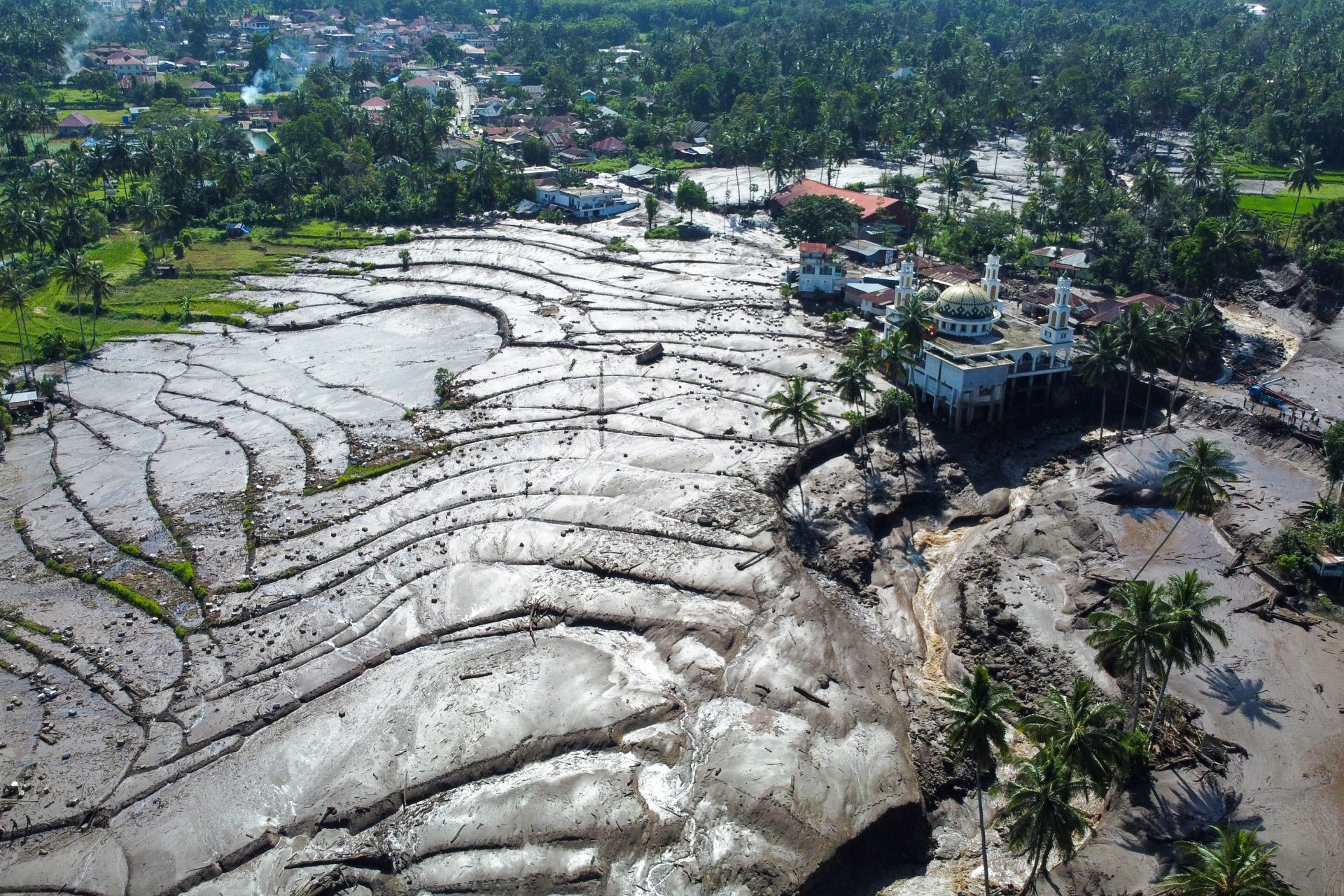Covid killed off a dangerous flu lineage, sparking vaccine reformulation
The Yamagata strain, a flu pathogen that once circulated the world, predictably causing sickness and death each year, has disappeared. To be precise, scientists haven’t been able to sequence a sample since March 2020.
In recent WHO guidelines on flu vaccines, the organization recommended removing Yamagata from the 2024 vaccine. Although the flu has definitely rebounded, that strain did not, putting the final nail in the coffin for the virus family.
Think back to the panic of spring 2020. SARS‑CoV‑2 began spreading around the world and much of humanity was forced to live under strict lockdowns. When they could, most people ventured out with masks, gloves and armed with bleach and hand sanitizer. It was a nightmare for us, and germs, too.
With all these protective measures, flu cases of all kinds had plummeted a staggering 99% in April 2020 compared to April 2019 (with similar levels of testing), according to a paper published in the National Review of Microbiology. At the same time, the genetic diversity of flu viruses “dramatically diminished.”
The most prevalent flu viruses fall into groups A and B. The B group, circulating among humans for over 80 years, poses a "significant flu burden," as described in a 2020 PNAS journal article.
Image: Influenza B Virus, National Institute of Allergy and Infectious Diseases (NIAID), via Wikimedia
Since 2015, the B gang had demonstrated unusually high epidemic activity, contributing to an estimated 290,000-650,000 annual flu-related deaths. The Atlantic reports that this group accounts for roughly a quarter of annual flu cases.
Yamagata and its lone B counterpart, Victoria, generally evolve slower than the A lineage viruses, mainly because they are only known to infect humans, pigs, and seals. In contrast, the A group affects a broader range of mammals and birds. Slower evolution translates to longer-lasting immunity.
Viruses in the A group are typically more dangerous due in part to their rapid evolution. These viruses were behind the 1918 Spanish flu, H1N1, and H5N1, the latter severely impacting bird populations recently.
Even before the COVID-19 pandemic, Victoria was outpacing Yamagata. Though a person can contract both A and B viruses, these strains compete like siblings squabbling over the last slice of cake.
This virus lineage with the same name as a Japanese city had also been subdued by the seasonal flu vaccine. Scientists added a well-matched strain into the vaccine that was thwarting it from infecting people. Yamagata remains one of four lineages that make up the seasonal vaccine, alongside A(H1), A(H3) and B(Victoria).
Scientists didn't want to gamble by removing it just yet. They thought it could be lurking, waiting for that moment to cause a massive outbreak. David Wentworth of the US Centers for Disease Control said it wasn't "bad" to have in the vaccine.
In their 2024 report, the WHO said another reason not to vaccinate for B/Yamagata is because doing so could pose a "theoretical risk of reintroduction into the population.” If they're not in the vaccine, the risk goes away.
According to a 2022 study published in the National Review of Microbiology, cases of Yamagata have been reported in several countries around the world. However, none of the sequences were uploaded to the Global Initiative on Sharing All Influenza Data database, which is rather strange. Since that study came out, no reports of Yamagata being successfully sequenced and shared have emerged.
The scientists behind the study suggest that evidence wasn't uploaded to the database because high-quality sequences were unable to be obtained. Why? Because the infections were vaccine-derived and had super low viral loads, which is what happened a handful of times in the US and Scotland.
Even the scientists who are most convinced of its extinction say that 2023 was just too early to confirm it. According to the Atlantic, it could be hiding in an immunocompromised person (or seal?) with a chronic infection, and could reemerge that way.
The WHO recommends shifting away from quadrivalent flue shots to trivalent ones for 2024, which is how they were in the early 2010s. If their advice is followed, it looks like the 2024 flu vaccine will target three types of flu: H1N1, H3N2, and the B/Victoria strain.
Scientists speculate that if Yamagata's extinction could be bittersweet for Victoria. On one hand, it wouldn’t have any pathogen to compete with. On the other, it may start evolving more slowly because it no longer has its viral relative to swap genetic material with. No more Yamagata could also impact other influenza viruses.
And even though Yamagata was still part of the flu vaccine, the jab provided “substantial protection” in the 2022-2023 flu season, according to the CDC. In the US, the flu vaccine reduced hospitalization by nearly 75%, and in Europe, it was found to have reduced influenza A infections by 27% and influenza B by 50%.
More for you
Top Stories































